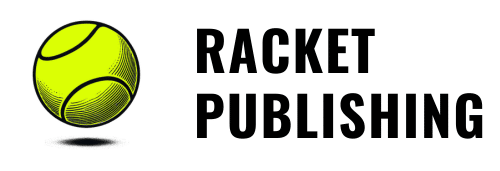Jump to ...
Say that you decide to clear your head and spend a week in a new city. On a whim, you book a hotel room. Your mantra for the week: just go with the flow.
Armed with your smartphone, you rely on Yelp, Reddit, Facebook, and even AI for recommendations. You spend a good deal of time researching places to go and things to do. Over the next seven days, you take in a play, go on long walks, try new restaurants, take a tour, sleep late, and visit a museum or two.
As your week draws to a close, you realize that you missed out on a few events that you would have enjoyed. As it turns out, there was a better Asian fusion joint than the five-star ones Yelp showed you. That college band you loved was in town. And who knew about that hip nightclub, anyway?
Overall, you’d rate the trip a B. When you return to the city, you won’t repeat your mistakes. In hindsight, maybe you shouldn’t have tried to do everything yourself.
A Publishing Parallel
Now think of writing a book in a similar vein. You’re smart. You know how to search for information. You write reasonably well. Eventually, you cobble together what you think is a respectable manuscript. Your friend’s wife was an English major. Surely, she can serve as your editor, right?
In hindsight, you shouldn’t have tried to do everything yourself.
You find a free program online1 to convert your Word document to a galley and an ebook. AI creates a passable book cover for you. You use Amazon KDP to upload your files and release your book. It’s decent, but certainly not on par with the ones you see in your local Barnes & Noble. Industry veterans and serial authors can spot the hallmarks of your self-published creation. An uncomfortable number typos and grammatical errors snuck through. The ebook looks weird on certain devices, and the book’s organization is wanting. Its interior design is, to use a technical term, meh. The few readers who bought the book complain about the legibility of its figures.
Ultimately, you sell a few dozen copies of your book. Amazon reviews aren’t flattering.
In this scenario, however, you can’t easily undo your gaffes. The book is out there for all to see and buy—or not buy.
An Eerily Familiar Tale
I should know. In 2008, made many of these rookie mistakes with the first edition of Why New Systems Fail. I thought that I could do everything myself, and I could not have been more wrong.
It’s a minor miracle that my self-published creation sold as many copies as it did—and Cengage bought its rights for a revised edition. Luck played no small part in its success.
https://www.racketpublishing.com/blog/publishing/every-book-project-is-different/
Some Bells You Can’t Unring. Publishing a Book Is One of Them.
Keep this anecdote in mind if you’re thinking of taking a DIY approach to your book. Just like with trips to foreign lands and cities, a concierge will help immensely.



0 Comments